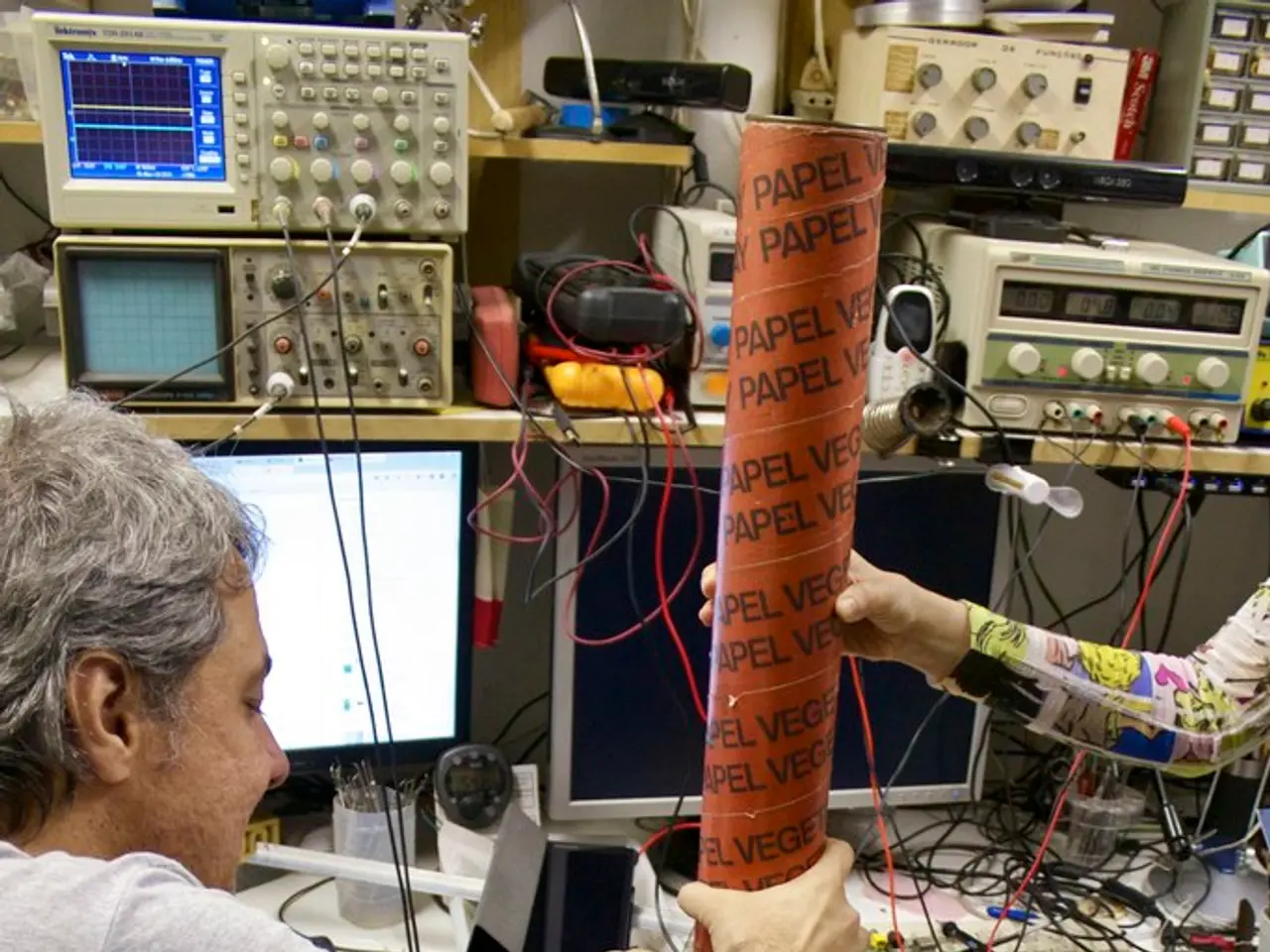Eight Individualized Education Program (IEP) Objectives Targeting Practical Academic and Social Progress
Improving working memory in individuals with autism and attention disorders (such as ADHD) can be supported through a combination of evidence-based strategies, cognitive training, and environmental accommodations. Here's a closer look at some of the most effective approaches:
## Cognitive Training Programs
Computer-based training programs like Cogmed and Peak offer targeted exercises that challenge working memory, often involving remembering sequences of numbers or shapes. These programs adjust difficulty based on performance and include progress monitoring to track improvements. Memory games and apps designed for children, such as matching card games and simple puzzles, can also help strengthen working memory and make learning enjoyable.
## Compensatory Strategies and Environmental Supports
Using visual aids such as charts, diagrams, or visual schedules helps externalise information, reducing the cognitive load associated with remembering multi-step instructions. Breaking complex tasks into smaller, manageable segments makes them less overwhelming and easier to navigate, supporting both planning and execution. Providing written directions or checklists helps individuals keep track of what needs to be done, supporting independent task completion. Assistive technology like text-to-speech software or digital organisers can help compensate for working memory challenges and promote greater independence.
## Routine and Predictability
Establishing clear, predictable daily routines reduces anxiety and frees up cognitive resources for focusing on tasks rather than managing uncertainty. Visual timers and transition cues prepare individuals for changes in activity, supporting smoother transitions and reducing stress.
## Self-Monitoring and Emotional Regulation
Asking individuals to reflect on what went well, what was challenging, and what could be tried differently next time helps build metacognition and self-regulation skills. Teaching calming techniques such as deep breathing or listening to calming music helps individuals manage stress, which in turn supports better working memory performance.
## Reinforcement and Positive Feedback
Initially providing prompts to guide behaviour and gradually reducing them encourages independence and task initiation. Using verbal praise, tokens, or tangible rewards motivates continued engagement and effort in tasks that challenge working memory.
A summary table provides an overview of these strategies:
| Strategy Type | Example Actions | |----------------------------|---------------------------------------------------| | Cognitive Training | Computer-based exercises, memory games, apps | | Compensatory Strategies | Visual aids, written instructions, assistive tech | | Routine & Predictability | Visual schedules, timers, structured routines | | Self-Monitoring/Emotion | Reflection, calming techniques | | Reinforcement | Prompting, positive feedback, rewards |
When used in combination, these strategies can significantly enhance working memory and executive functioning in individuals with autism and attention disorders.
Working memory is closely associated with academic success and is connected to other executive functioning skills. Science Direct offers articles and resources on working memory and its impact on cognitive development, learning, and education. Boosting working memory can impact other executive functioning skills such as concept formation, attentional control, impulse control, and flexibility.
Examples of tasks requiring working memory include recalling numbers, letters, and words, delivering messages, completing simple errands, playing memory games, and completing math facts and sight word worksheets. By implementing these strategies, individuals with autism and attention disorders can achieve greater academic and social success.
References: [1] The Life Skills Advocate Blog [2] A book titled "Flexible and Focused: Teaching Executive Function Skills to Individuals with Autism and Attention Disorders" [3] The Center on the Developing Child at Harvard University
strengthening personal growth and promoting personal development can be achieved through focusing on learning and education-and-self-development, such as the implementation of cognitive training programs that target working memory, like Cogmed and Peak, which offer exercises designed to challenge and improve working memory through computer-based games. Additionally, personal growth can be supported through the use of routine and predictability, such as establishing clear daily routines and using visual timers, which not only reduce anxiety but also free up cognitive resources for better focus on learning tasks.




